ZEREX ZXRU1 Antifreeze Coolant,1 gal.,RTU
A coolant is introduced and used to reduce the general temperature of the engine machine. Take a have a look at the capabilities for Zerex Antifreeze Coolant. Color: Green, Size: 1 gal., For Use With: Passenger Cars and Light Trucks.FeaturesType: Ready-to-UseItem: Antifreeze CoolantContainer Type: Plastic BottlepH: 10.4Appearance: LiquidBoiling Point (F): 226Size/Net Weight: 1 gal.Size: 1 gal.Flash Point (F): Greatger than 250Specific Gravity: 1.0825 g/cm3 @ 60.01 Degrees F / one zero five.fifty six Degrees CApplication: Traditional Universal Ethylene Glycol Based Formula Is Compatible With Major American Coolant Brands. Iat Formula. 150,000 Mi./3000 Hr./5 Yr.Color: GreenFor Use With: Passenger Cars, Light Trucks And Heavy Duty VehiclesDilution Ratio: 50/50Package Quantity: 1Features: Low Silicate Formulation Protects All Engine Cooling System Metals From Corrosion Including Aluminum; Protects Modern Engine Component From Winter Freezing And Summer Boiling

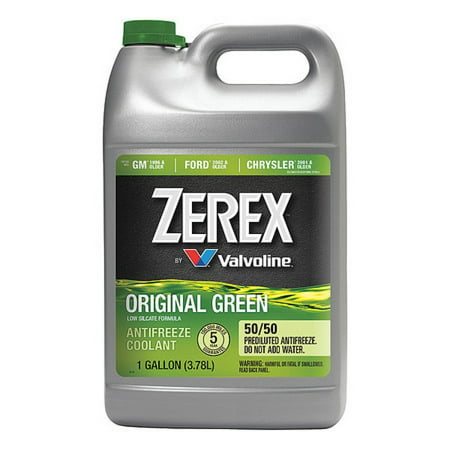

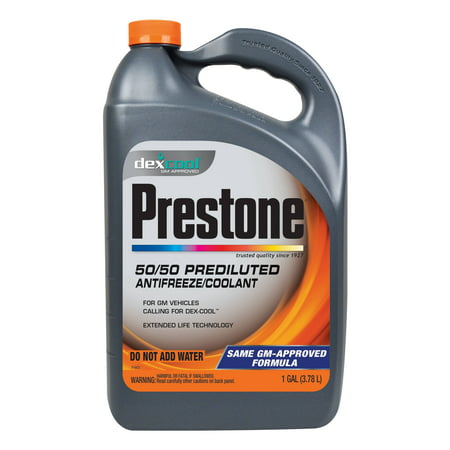
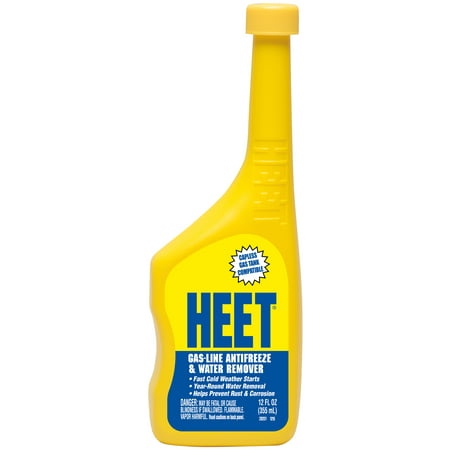
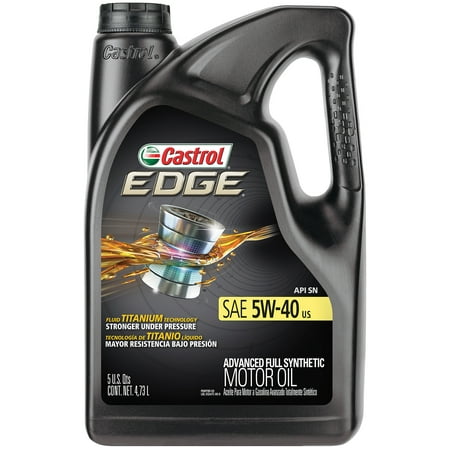
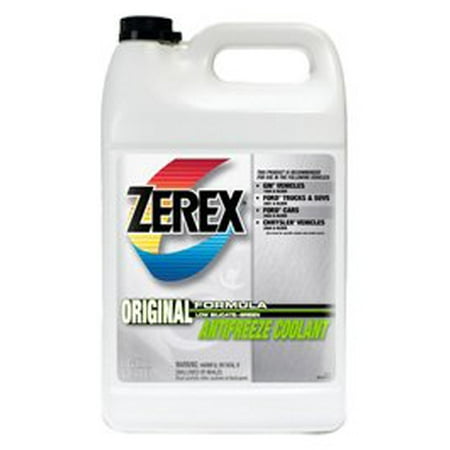
Reviews
There are no reviews yet.